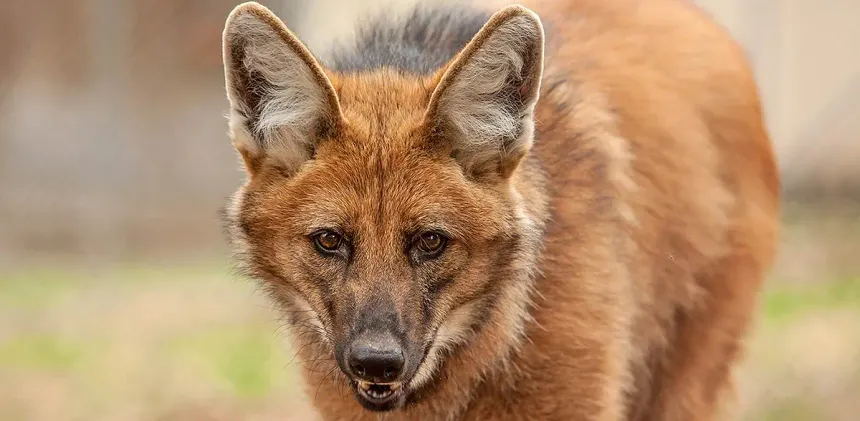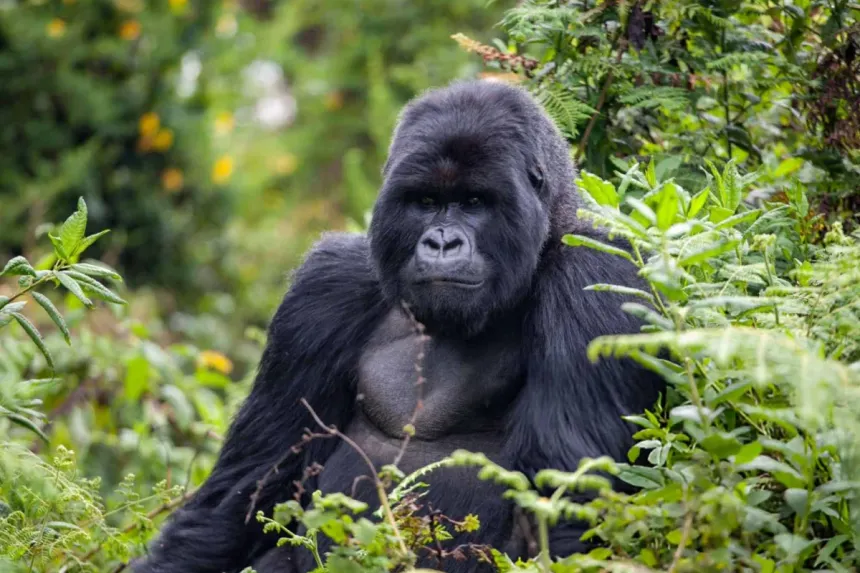The Lifespan Of Hippo
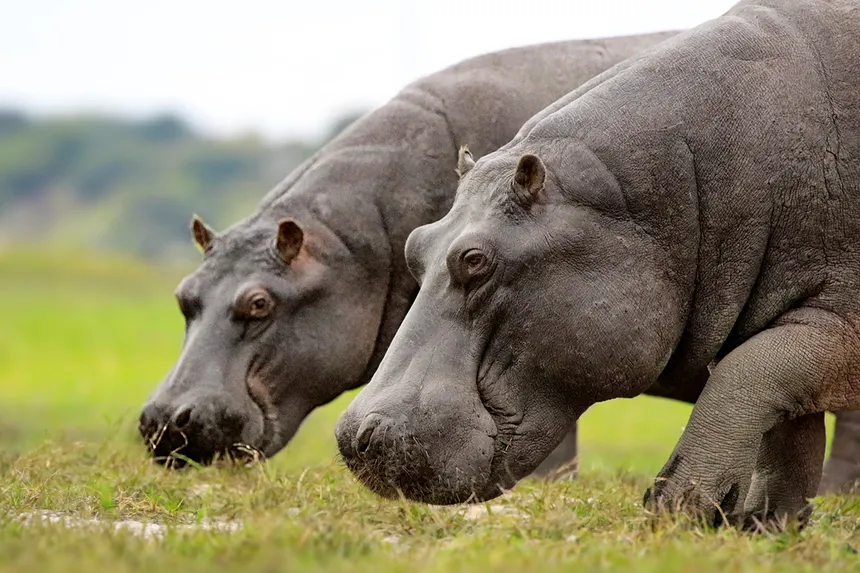
The hippopotamus (Hippopotamus amphibius), often dubbed the “river horse,” is one of the most iconic and fascinating mammals of Africa. Despite their semi-aquatic nature and round, docile appearance, hippos are among the most territorial and powerful animals in the wild. One of the most interesting biological aspects of these creatures is their lifespan, which is influenced by a variety of environmental, genetic, and social factors.
In this comprehensive article, we explore how long hippos live, what factors influence their longevity, the differences between wild and captive lifespans, and the stages of life a hippo goes through.
🦛 Average Lifespan: Wild vs Captivity
In the Wild:
- Average lifespan: 35 to 40 years
- Hippos in the wild often face challenges such as:
- Predation (mainly on young calves)
- Conflict with rival males
- Drought and habitat loss
- Disease and parasites
In Captivity:
- Lifespan extends to: 45 to 60 years
- The longest-lived hippo on record was Bertha, a female in the Manila Zoo, who lived to the age of 65.
- Captive hippos benefit from:
- Regular food supply
- Veterinary care
- Absence of predators and harsh environmental threats
🍼 Life Stages of a Hippo
- Birth & Infancy
- Gestation period: ~8 months
- Calves weigh about 25–50 kg (55–110 lbs) at birth
- Born underwater but rise quickly to breathe
- Nursed for up to 8 months
- Stay close to the mother and are highly vulnerable to crocodiles, lions, and even male hippos
- Juvenile Stage (1–5 years)
- Begin grazing on land by 3 months
- Still reliant on the pod for protection
- Grow rapidly, gaining strength and weight
- Remain with mother until sexually mature
- Adulthood (5–20 years)
- Males reach maturity around 6–7 years, but may not hold territory until 15
- Females become sexually mature at 5–6 years
- Dominant males control mating rights within pods and defend their stretch of river aggressively
- Old Age (20+ years)
- Physical decline starts
- Teeth wear down—especially the tusks and molars used for grazing
- May be displaced by younger, stronger males
- In the wild, old age often means increased vulnerability
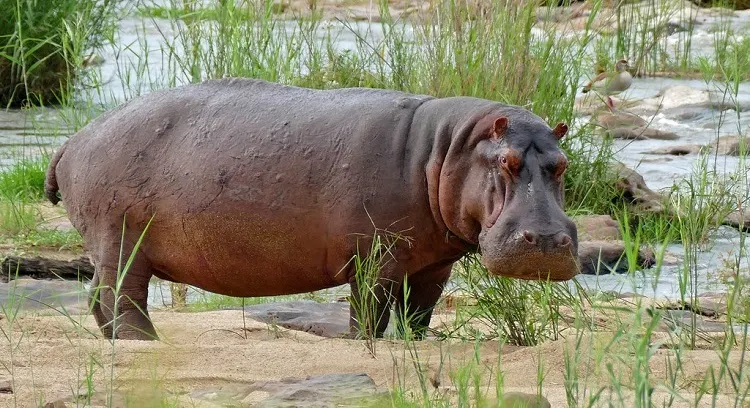
📉 Factors That Influence Lifespan
Several internal and external factors can determine how long a hippo lives:
1. Habitat Conditions
- Access to clean water bodies is essential for temperature regulation and protection
- Droughts and human encroachment can reduce natural lifespan
2. Social Structure & Aggression
- Hippos are highly territorial, especially males
- Fights between adult males can be fatal or cause severe injuries
- Calves may be killed by aggressive bulls to reduce competition
3. Disease & Parasites
- Common issues include:
- Anthrax outbreaks
- Worm infestations
- Skin infections
- In captivity, regular medical care helps mitigate these risks
4. Human Threats
- Hippos are heavily affected by poaching for meat and ivory from their large canine teeth
- Habitat fragmentation also shortens wild lifespans
🧠 Unique Biological Traits That Aid Longevity
- Thick skin (up to 6 cm) protects against sunburn and predators
- Produce a natural red-colored secretion (sometimes called “blood sweat”) that acts as sunscreen and antibacterial
- Have tough molars for grinding down tough grasses
- Can stay submerged in water for up to 5 minutes, helping regulate body temperature and avoid dehydration
🏛️ Longevity in Captivity: A Closer Look
Hippos in zoos often live significantly longer due to improved care:
- Diet: Provided with a consistent, nutrient-rich feeding schedule
- Medical Monitoring: Routine dental and skin care
- Enrichment: Larger, more naturalistic enclosures support mental and physical health
- Some notable long-lived hippos:
- Bertha – Lived to 65 years (Manila Zoo)
- Donna – Lived to 60 years (Mesker Park Zoo, Indiana)
🔁 Lifespan Compared to Other Megafauna
| Animal | Lifespan (Wild) | Lifespan (Captivity) |
|---|---|---|
| Elephant | 60–70 years | 70–80 years |
| Rhinoceros | 35–50 years | 40–50 years |
| Hippopotamus | 35–40 years | 45–60 years |
| Giraffe | 20–25 years | 25–30 years |
| Cape Buffalo | 15–25 years | 20–30 years |
📌 Summary Table: Hippo Lifespan Facts
| Trait | Description |
|---|---|
| Scientific Name | Hippopotamus amphibius |
| Average Wild Lifespan | 35–40 years |
| Average Captive Lifespan | 45–60 years |
| Oldest Recorded Hippo | 65 years (Bertha, Manila Zoo) |
| Maturity Age | Females: 5–6 yrs, Males: 6–15 yrs |
| Main Threats | Predation (young), poaching, conflict |
| Gestation Period | ~8 months |
| Habitat Type | Rivers, lakes, wetlands in sub-Saharan Africa |
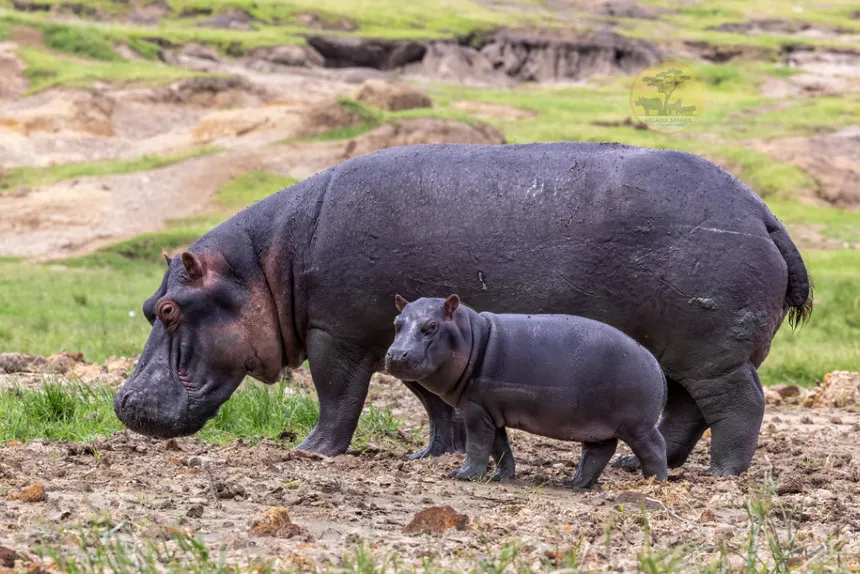
🦛 Final Thought
The lifespan of a hippopotamus is a remarkable testament to its resilience, adaptability, and evolutionary success. While these majestic river giants live longer in the protected environments of zoos, their wild lifespan still allows them decades of dominance in African waterways. Understanding their longevity not only helps with conservation efforts but also deepens our appreciation of one of nature’s most formidable herbivores.



